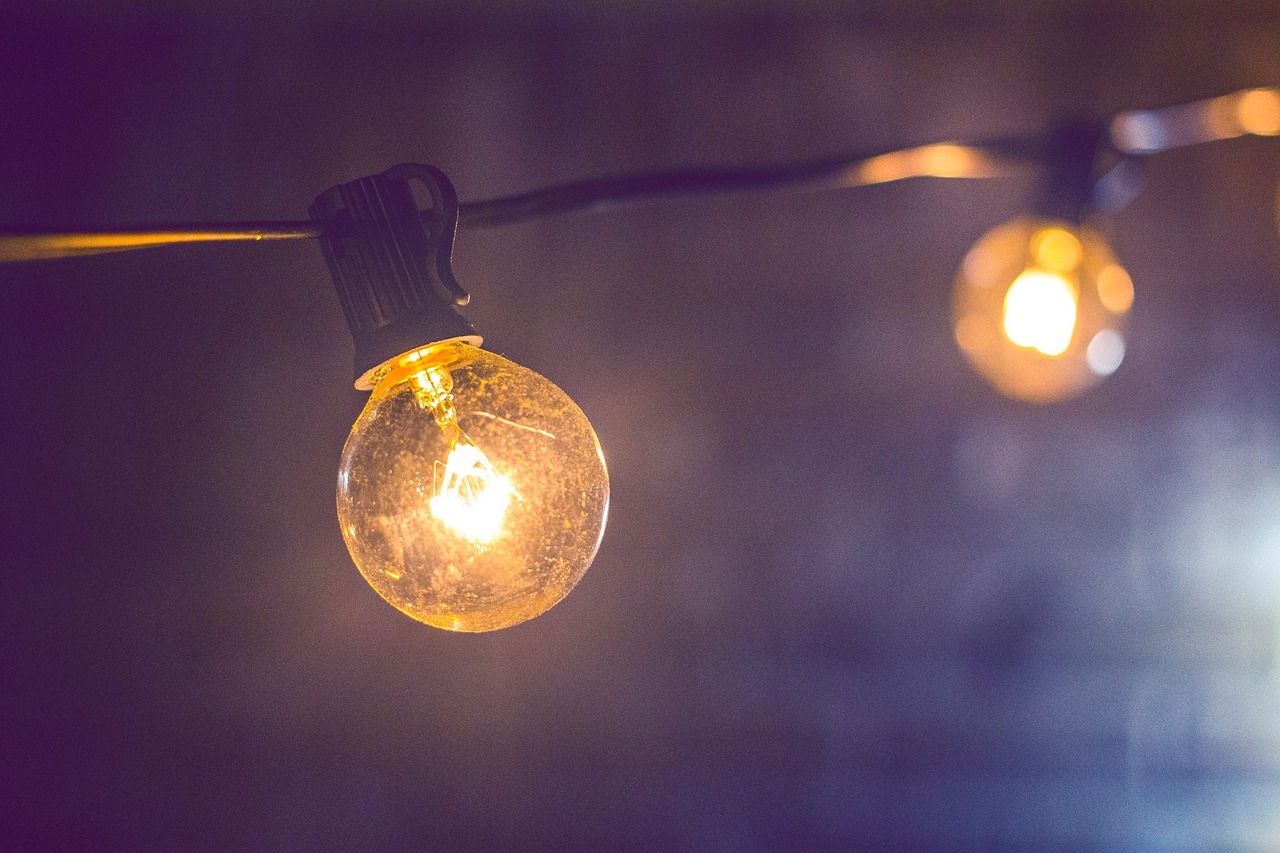The news:
- The federal government, through the Nigerian Electricity Regulatory Commission (NERC), announced a significant increase in electricity tariffs for customers under the Band A category to ₦225 per kilowatt-hour (kWh), a 240% surge from the initial ₦68 per kilowatt-hour (kWh).
- The commission describes Band A customers as users who enjoy up to 20 hours of daily power supply, a category that constitutes around 15% of the over 12.82 million registered Nigerian electricity consumers.
- The hike, coming amid the country’s rising inflation, has sparked resistance from both organised labour and manufacturers around the country.
The Nigeria Labour Congress (NLC) and the Trade Union Congress (TUC) have expressed their collective disapproval, citing potential dire consequences for the nation’s economy.
In their argument, the two bodies noted the new increase put several manufacturers out of business, further exacerbating the ongoing economic downturn and inhibiting the growth of small and medium enterprises (SMEs) across Nigeria.
Raising concerns about the availability of the promised 20-hour daily power supply for the target Band A customers, they questioned whether anyone gets it in Nigeria.
Speaking on the hike with Punch, the NLC’s spokesperson, Benson Upah, said the only groups that would benefit from the “mindless social violence” against Nigerians are the World Bank and the International Monetary Fund (IMF).”
In a press briefing in Abuja on Wednesday, April 3, 2024, Musiliu Oseni, the Vice Chairman of NERC, told journalists that the government could no longer sustain the subsidy on electricity and thus had to explore ways to reduce the about ₦2.9 trillion that’s projected to go to power subsidy in 2024.
Band A consumers affected by the latest tariff hike would, effective April 3, 2024, pay their power bills by themselves without subsidy from the government.
NERC assured that the current upward price review won’t affect customers in the other categories — Bands B, C, D, and E customers. However, the electricity regulator didn’t say if that would change in the future.
Oseni also stated that due to the non-fulfilment of the required 20 hours of electricity by Band A consumers from power distribution companies in their respective franchise areas, the commission has had to downgrade some of them to Bands B and C.
“We have over 3,000 Discos feeders. There are over 875 Band A feeders, but upon reviewing the feeders’ performance, the commission has reduced it to under 500 feeders now, which qualify as feeders that currently meet the 20-hour average service.”In March 2024, Bayo Adelabu, Nigeria’s Minister of Power, disclosed the ministry’s plans to pay off outstanding debts to power generation and gas supply companies as a way to reduce the financial burden and improve power generation levels nationwide.











